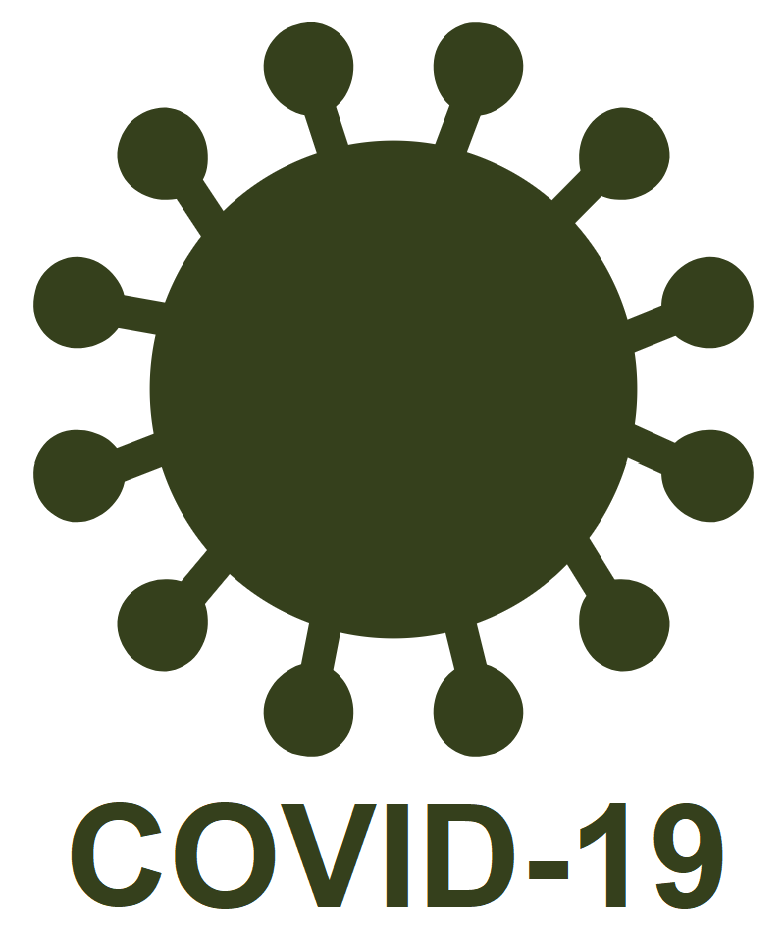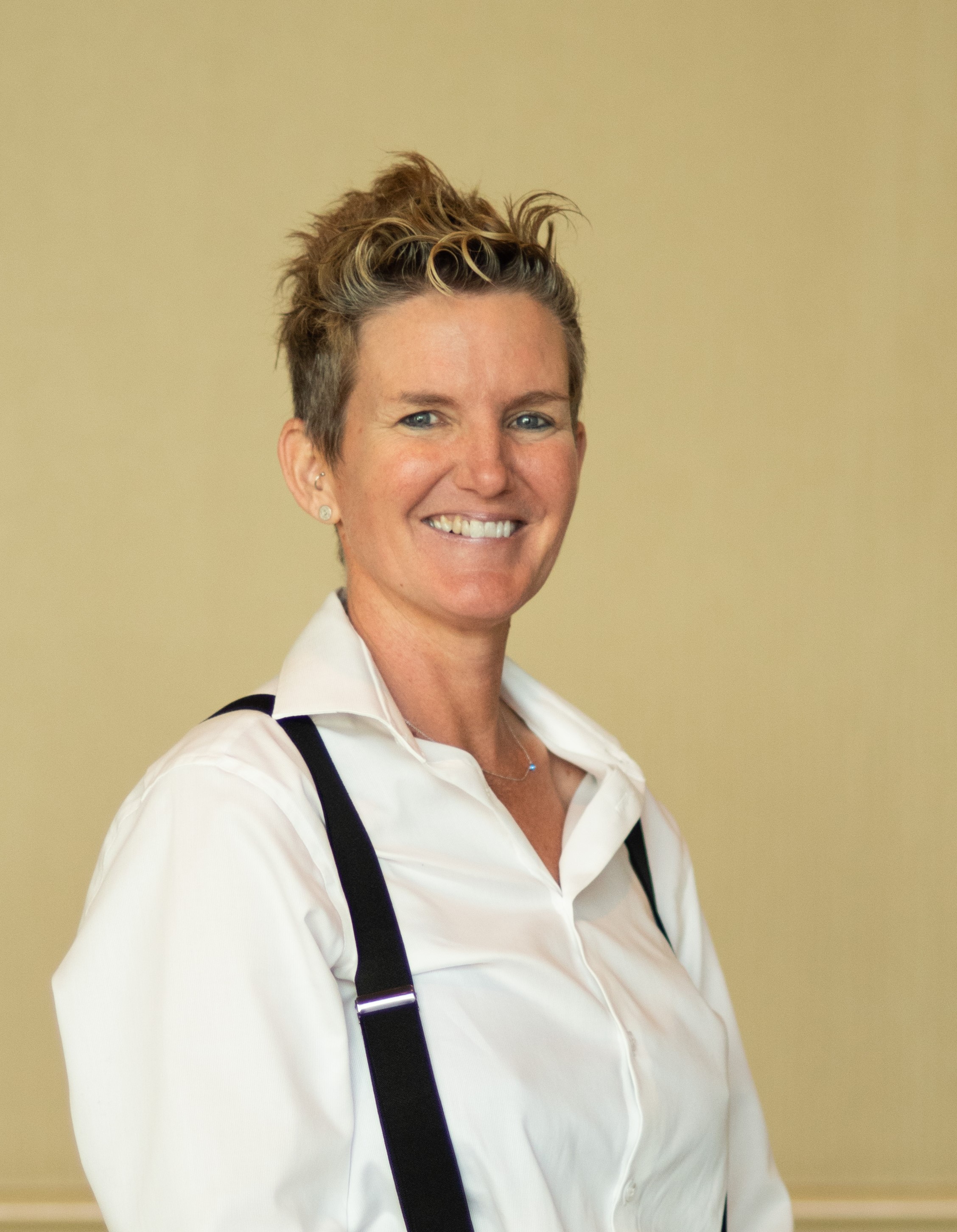 Our province has moved into Phase 3 of the COVID-19 restart plan, and there is no doubt that BC has done a good job of “flattening the curve” – thanks to the leadership of our public health officials (including PHO Dr. Bonnie Henry), and the work of health care workers, and countless others including PAN member organizations and allied agencies in every corner of the province.
Our province has moved into Phase 3 of the COVID-19 restart plan, and there is no doubt that BC has done a good job of “flattening the curve” – thanks to the leadership of our public health officials (including PHO Dr. Bonnie Henry), and the work of health care workers, and countless others including PAN member organizations and allied agencies in every corner of the province.
Despite the successes of our collective “provincial response”, there have been just as many failures, perhaps none more apparent than the back-to-back record months for fatal drug overdoses in May and June. It is obvious that the COVID-19 pandemic is highlighting all the many inequities that exist for the most vulnerable. And sadly, it is also a certainty that COVID-19 and its impacts will continue to impact all of us for some time to come… and that the less privilege you have, the more severe, harsh and life-threatening those impacts will be.
Four months into the COVID-19 pandemic, and halfway through summer, we wanted to take the opportunity to revisit our original three commitments to our membership vis-à-vis COVID-19.
1. To provide access to timely and accurate information in relation to COVID-19 as it comes available and as this fast-changing situation continues to evolve
We have communicated regularly with our members and allies through many platforms, including regular emails to Executive Directors, Twitter, and our frequently updated COVID-19 Resources webpage resource. We also continue to update our members on information related to COVID-19 via our e-news.
2. To provide opportunities for PAN members to connect virtually wherever possible including the sharing of information and best practices for delivering services in the context of this pandemic
Beginning on March 26th to the end of June, PAN hosted a standing meeting for Executive Directors (EDs) of PAN member and allied organizations, and other community leaders. These weekly Tuesday ZOOM calls provide a space for us to come together to share information and resources – and just as importantly, to offer mutual support and encouragement.
These meetings evolved as EDs connected regarding shared needs and priorities around COVID-19. Relationships and supports were borne out of these meetings, with organizations stepping forward to support each other and to offer access to Personal Protective Equipment (PPE) and food security (special shout out to AIDS Vancouver on this front). The exchange of information included different areas of focus and reflected the expertise of different participants, including information on financial supports – over policing and criminalization (thanks to PIVOT for their key role in bringing these issues forward), hepatitis C (thanks to PHCN), and safe supply (many groups). See financial supports.
In order help alleviate some of the stress and anxiety brought about by the challenges and uncertainty COVID-19 brings, PAN hosted separate Solidarity Groups for frontline staff and EDs with Clinical Supervisor Vikki Reynolds, to explore the importance of sustainability, witness and solidarity in the context of the dual pandemics of COVID-19 and overdose. The success of the ED sessions has led us to organize more for the rest of 2020. PAN is also working hard to readjust its own program and project delivery to provide member organizations with the programs and services that they have appreciated and relied on these past number of years, including capacity and skills building opportunities for frontline service staff. These offerings will cover a wide range of topics and because of the situation we currently find ourselves in they will all likely speak to the COVID-19 reality in both subtle and explicit ways.
We created seven virtual opportunities to connect through PLDI check-In and activities over the past few months, including one specifically for PLDI Grad Women, and an interprovincial virtual PLDI Jamboree and the very inspirational screening by our PLDI Grad Martin of his Film H.I.V. Healing Inner Voices.
3. To liaise with public health and present the concerns of our sector
We reached out to each of the regional health authorities, and the Provincial Health Services Authority (PHSA) and First Nations Health Authority (FNHA) to determine what structures they have in place to support the response to the pandemic.
Convening weekly COVID-19 meetings allowed myself and the PAN staff team to hear about the challenges PAN members and allies were dealing with, and by extension, clients, members and communities. These included concerns regarding food insecurity, the need for PPE and lack of access to harm reduction equipment, notably safer smoking supplies. We brought these concerns forward to different policy makers including our colleagues at the PHSA/BCCDC. In June the PHSA announced the creation of a $700,000 COVID-19 relief fund – with a low barrier application process for PAN members, allies and partner organizations to potentially access critical financial resources.
Safe Supply & the Worsening Overdose Crisis
In late March, Minister of Mental Health and Addictions Judy Darcy announced new clinical guidance surrounding safe supply to mitigate risk for people during these dual health emergencies. While this was a very positive decision, there have been huge problems with implementation and access.
In May PAN hosted a virtual Q&A with Guy Felicella, Peer Clinical Supervisor at the BCCSU, on safe supply – or rather, as Guy refers to it, “pandemic prescribing”. This highly informative, thought provoking and inspiring session is available on demand.
In June BC recorded its deadliest month for illicit drug overdoses ever, and much of what is happening now for people who use drugs is preventable. The worsening overdose crisis, and the challenges with safe supply, were a focus of many of the discussions at the virtual ED meetings. Incorporating the feedback and input of our member organizations and allies, we sent a letter on behalf of our members to Ministers Dix and Farnworth (copying Minister Darcy, Chief Coroner Lisa Lapointe, and Dr. Bonnie Henry) calling for universal access to safe supply and urging the province to revisit its position on decriminalization and implement Dr. Henry’s recommendations.
Our member organizations also requested that we work to collect information about their experiences with the rollout of safe supply over time. Ove the summer we will be collecting stories about success, challenges, impacts and also to see how PAN could support its members work, as well as advocacy related to safe supply both now and looking forward to post-COVID times.
Recently, PAN, with the support of PIVOT, highlighted police practices and, in light of the reports of inequitable data collection related to COVID-19 and the advocacy efforts to record data disaggregated by race, we reflected upon what data can tell us and why it is important here.
Advocacy led by our Allies
We joined the call for immediate decriminalization of drug possession by signing onto a letter from the Canadian HIV/AIDS Legal Network, Pivot Legal Society and the Canadian Drug Policy Coalition. They joined forces to call on the Minister of Health and other key ministers in the federal government to immediately decriminalize the possession of illicit drugs in response to the twin crises of opioid overdoses and the COVID-19 pandemic. Organizational endorsements are being sought here. Please share the letter widely and thanks for considering adding your voice to this national call!
On the ground, the BC Yukon Association of Drug War Survivors (BCYADWS) have helped lead the way by creating a new website that provides information on accessing safe supply for people who use drugs.
PIVOT has been leading many key advocacy issues since April 1st that are connected to COVID-19. PAN has rallied behind many of these.
The Canadian Health Coalition is renewing its call for a universal, public Pharmacare system, especially as COVID-19 threatens to leave millions of people without work-based drug plans. Join PAN and almost 200 organizations across Canada in signing the joint statement.
Other advocacy item that we will continue to monitor, was brought forward by AIDS Vancouver – namely the decision to add ARV therapies onto the PharmaNet system with little consultation with community groups. In response, AV has developed an informational piece for PLHIV – and sent a letter to Minister of Health Adrian Dix outlining concerns about the decision (see here).
In Closing
We look forward to reconvening with Executive Directors on July 30th for a mid-summer check in. This will provide another valuable opportunity for us to connect with member organizations to hear first-hand how they have been managing since our last connection and also for us to provide an update on our actions in the last month.
For as long as COVID-19 continues to be a challenge we will strive to connect and listen to our member organizations so that we can be responsive in addressing the needs and challenges that arise.
Please know that the work you do in your individual communities, regions, despite the many challenges and barriers, is valued, respected and appreciated.

Questions? Comments? Get in touch.
Jennifer (Evin) Jones, Executive Director, [email protected]
